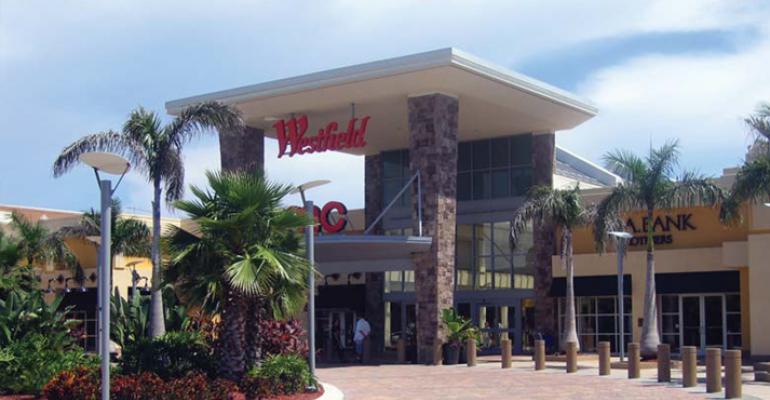The recent announcement that the Westfield Corp. was going to agree to a $16 billion takeover by European commercial property investor Unibail-Rodamco may have taken the retail real estate industry by surprise, but the company’s top execs have been thinking about it for some time.
The two companies have had a longstanding relationship, according to comments made by Peter Lowy, Westfield’s co-CEO during a Dec. 12 webcast. Unibail-Rodamco and Westfield executives have been talking on an off about an acquisition for about four years before working on a proposal in earnest about six weeks prior to the announcement, Lowy said.
It helped that Frank Lowy, Westfield’s chairman and the patriarch of the family that owns 11 percent of the company, is reportedly close to retiring and the sale might fit well with estate planning purposes, according to Tony Sherlock, a Sydney-based senior equity analyst with Morningstar. Frank Lowy had been Westfield’s CEO for more than 50 years and presided over the company as it expanded onto the global stage.
“The passion of the children for malls may be waning,” Sherlock notes. “This is an opportune exit approach. They could think malls are going to decline in value and have preemptively sold out before the going gets worse.”
The timing also seemed right in terms of creating value for shareholders, according to statement made by company co-CEO Steven Lowy during the webcast. In recent months investors have been closely eyeing mall REITs like GGP and Taubman Centers as possible sale candidates. Given Westfield’s strength as a mall operator—properties in its leading markets achieve about $900 in sales per sq. ft., well above the $550 per sq. ft. threshold for class-A malls—Westfield executives also noted that the deal helped to bridge the gap between the value of the company and where it was trading. By Dec. 19, Unibail-Rodamco’s offer was valued at around $9.50 per share, due to some retracement in Unibail’s share price, Sherlock says.
“I think if the offer price equates to $9.50 or more it’s a pretty good outcome… for shareholders, as it provides good uplift from prior trading range and a degree of certainty,” he notes.
Sherlock adds that he does not expect Unibail-Rodamco to make any changes to the better quality Westfield properties, which represent the bulk of the portfolio. But malls in the portfolio’s lower 15 percent might present some trouble if Unibail-Rodamco decides to sell them off—they could yield returns well below Westfield’s carry value, according to Sherlock. Unibail has recently been selling smaller, less dominant assets in its existing portfolio and re-investing the proceeds in larger malls, according to Bloomberg.

